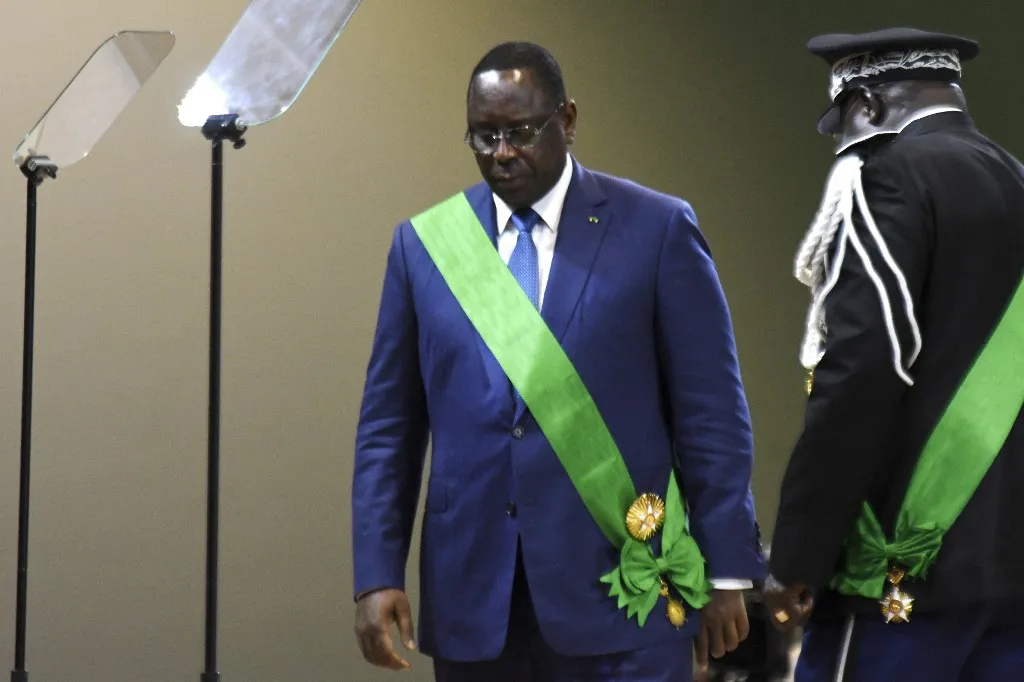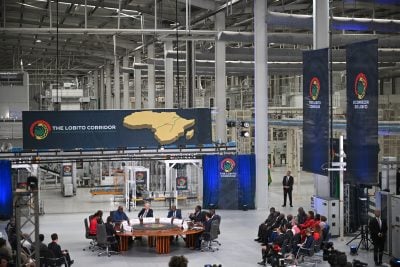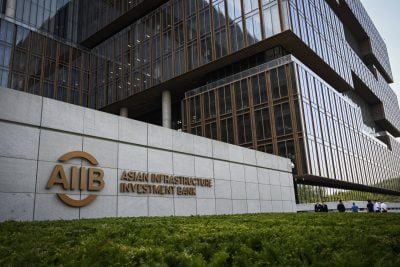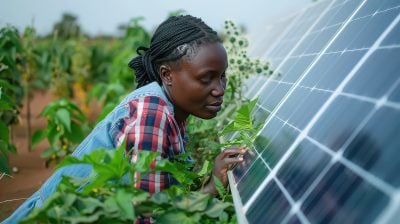At the end of February, the president of Senegal, Macky Sall, won a second term in office.
Having secured re-election with some 58% of the votes cast, Sall’s government says it will continue to implement phase two of its
Emerging Senegal Plan (ESP), a vision seeking to position Senegal as a middle-income nation by 2035.
Spurred on by infrastructure development during Sall’s first seven-year term, the ambitious plan centres on 27 infrastructure projects and 17 structural reforms aimed at attracting foreign investment, and has been given renewed impetus following discoveries of oil and gas.
With yearly GDP growth above 6% since 2015, optimism is palpable among the young and rapidly expanding population.
Yet some analysts caution that over-exuberant spending could negatively impact future growth.
At the heart of the ESP is an acceleration of infrastructure development over the next five years, including continued construction of the new city of Diamniadio.
It will be situated 30km east of the sprawling capital city, Dakar, and will include a university, affordable housing, entertainment facilities and industrial parks, all linked to Dakar and a new $575m international airport by newly constructed motorways.
Yet concerns have been raised about the estimated $2bn cost of the scheme. Senegal’s public debt is already around 49% of GDP, according to the World Bank.
Katrien Smuts, economist and Senegal expert at NKC African Economics, says that project overspend could slow the country’s middle-income ambitions.
“If the government becomes unable to sustain such high levels of public spending, falls behind in paying back debt, and fails to stimulate greater private sector participation, it could prevent them from reaching middle-income status by 2035.”
Reshaping the economy
The presidency is attempting to reshape the economy from its traditional reliance on fish and peanut exports to an embrace of industrial development based around foreign direct investment.
To achieve this, Senegal will need to rapidly improve its business climate, which remains lacklustre based on its performance in the World Bank’s Doing Business index.
The country sits at a lowly 141 in 2019, and while that is an improvement on 178 out of 190 in 2012, it still remains well short of some of its peers on the continent.
A more competitive business environment remains essential for planned infrastructure growth, with electricity, transportation and the private sector’s access to finance all areas in need of major reform.
Tax incentives are also needed to further woo investors, according to Smuts.
“Tax procedures should also become more efficient and taxes should be lower in certain areas [such as special economic zones] to incentivise investment,” she says.
Oil bonanza?
While billboards lining the streets of Dakar remind the electorate of Sall’s plans for an “emerging Senegal,” talk on the street focuses on a string of major oil and gas discoveries off its coast, which the government hopes will make Senegal an oil exporter in the coming years.
With production of gas expected to start as early as 2021, and oil expected to follow in 2022, Senegal hopes to receive more than $30bn – three times its 2018 public debt stock – over the next 30 years, according to state-run oil company Petrosen.
Optimism has been further heightened by the president’s background as a geological engineer and former director-general of Petrosen.
Plans have been drawn up to ration the amount of oil and gas revenue available for immediate public spending, with proceeds intended to be invested in a sovereign wealth fund.
But there are those who are sceptical of what Senegal’s oil revenues may bring.
“My biggest concern” says Elimane Haby Kane, founder of the pan-African think-tank LEGS-Africa, “is my fear for popular disillusionment in five years’ time, when it turns out that the result is very far from the expectations raised by the recent discovery of oil and gas”.
Senegal has a young population with a median age of 18.4 years, and how Sall manages their expectations may prove crucial.
“The young need jobs and they can’t eat concrete,” says Kane.
Political rifts
Aside from inflated economic expectations, Sall will also have to navigate the political fallout provoked by the barring of two opposition leaders from the poll.
Khalifa Sall, a former mayor of Dakar who is not related to the president, and Karim Wade, the son of former President Abdoulaye Wade, were jailed for graft and corruption in 2018 and 2015 respectively, and subsequently barred from running by the Constitutional Court.
As a result, neither the Socialist Party nor the Senegalese Democratic Party, both major forces in the country’s political landscape since independence, fielded presidential candidates.
Idrissa Seck, a former prime minister who came second with 21% of the votes, criticised the government in remarks quoted by the BBC:
“It is clear that the incumbent candidate has confiscated the will of the Senegalese people and will be alone to face the consequences before the people and before history.”
Sall’s government denies foul play or manipulation.
“Whether it is rumour or because of the political situation, some people have come to believe that our judicial situation is not reliable, because it is being controlled by the government,” says Ousmane Sène, director of the Dakar-based West African Research Centre.
Further discussions and dialogue between the president and opposition leaders are required to heal the rift, according to Sène, who points to the potential for street protests.
Yet there is a feeling that events have already moved on as the government pursues its economic plans.
The president “will likely be preoccupied with negotiating and welcoming international partners to increase further foreign investment,” he says.
Want to continue reading? Subscribe today.
You've read all your free articles for this month! Subscribe now to enjoy full access to our content.
Digital Monthly
£8.00 / month
Receive full unlimited access to our articles, opinions, podcasts and more.
Digital Yearly
£70.00 / year
Our best value offer - save £26 and gain access to all of our digital content for an entire year!
 Sign in with Google
Sign in with Google 



